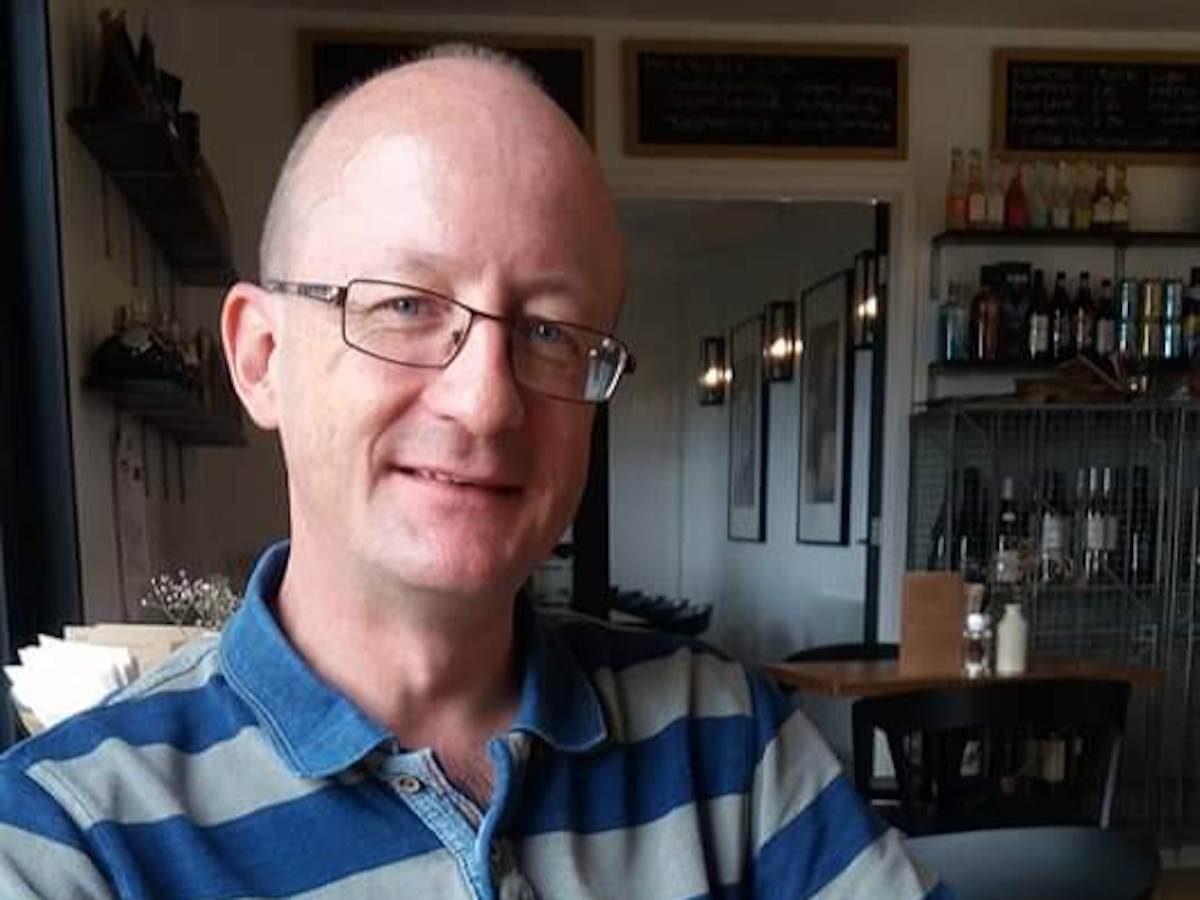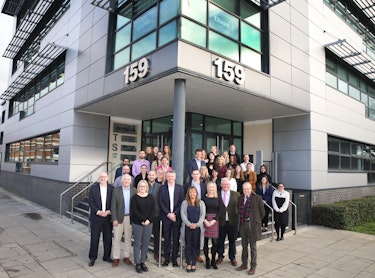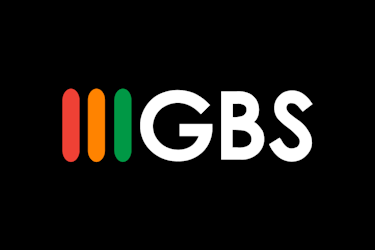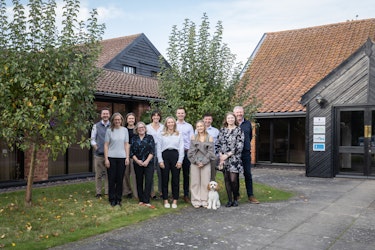The big picture: Action on Loneliness allows users to search for free meetups and events in their area, from coffee mornings to sports clubs. It currently lists over 850 activities.
Why it matters: Loneliness is a significant public health challenge in the UK, with far-reaching effects on mental and physical health.
Nearly half (49.63%) of UK adults reported feeling lonely to some degree in 2022, equivalent to about 26 million people.
Chronic loneliness, defined as feeling lonely "often or always," affects approximately 3.83 million people in Great Britain.
While loneliness itself is not a mental health condition, it's closely interlinked with poor mental health, with each potentially exacerbating the other.
The COVID-19 pandemic worsened the situation, with chronic loneliness rising from 6% of the population in 2020 to 7.1%.
Key details: The initiative was created by Graham Carrington, an Ipswich resident since 1989 who works as a chartered engineer at BT.
Carrington was inspired to start the project after a woman at his open mic night expressed feelings of loneliness and difficulty finding local social activities.
The service is free for users and sponsored by Time to Talk UK, an Ipswich-based online peer support charity for UK adults struggling with mental health issues.
Carrington is a trustee of Time to Talk UK, which he joined in 2018 after setting up a similar peer support network at BT.

Background: Time to Talk UK has over 2,600 members and is staffed by volunteer moderators from 9am to 10:30pm daily. It aims to provide a safe space for people to discuss mental health challenges with others who have similar experiences.
What's next: Carrington hopes more organisations and community groups will add their activities to the Action on Loneliness website to expand its offerings.
The bottom line: This local initiative aims to provide a practical solution to loneliness by making it easier for people to find and join social activities in their area.
To find activities and meets near you or to list your own, visit actiononloneliness.org.uk








